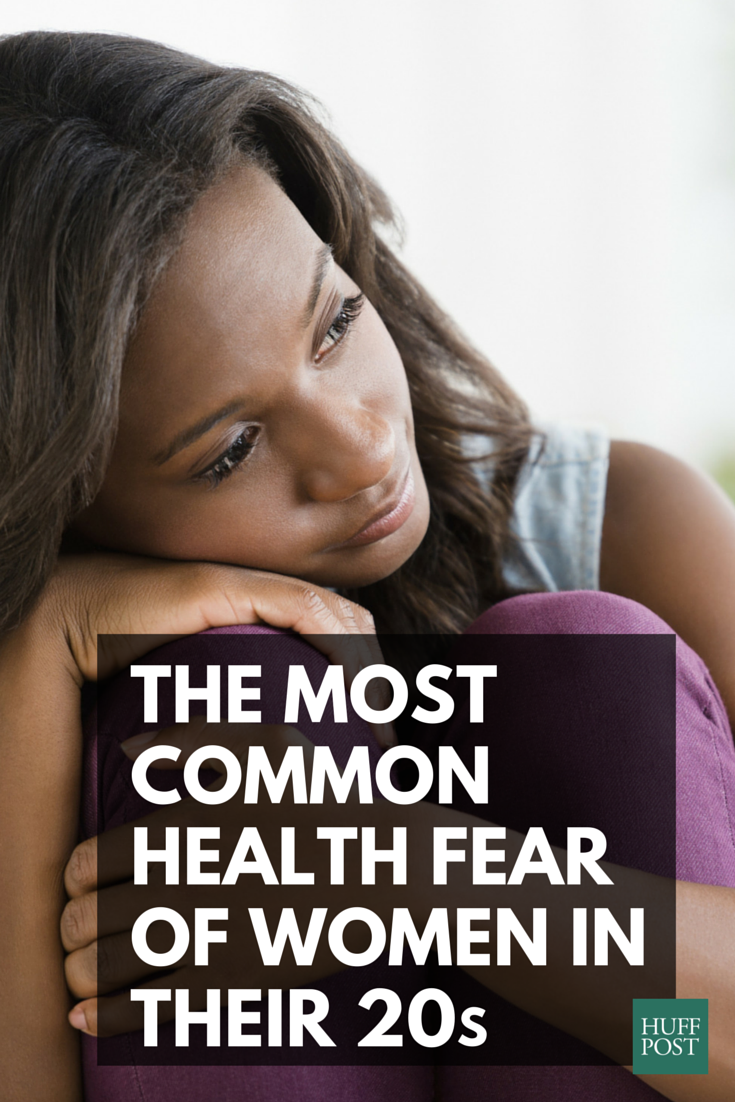Photo credit: Getty Images
Genetic knowledge is power
While you can't change your genes, you can arm yourself with the specific knowledge that might help you. Use your next family gathering as a chance to learn more about your genetic risks -- even if your family is generally healthy.
"It’s never too early to start with a good family health history," said Dr. Charis Eng, a cancer geneticist at the Cleveland Clinic. Her advice? Touch base with whomever has the most comprehensive knowledge of your extended family's health -- it's not necessarily your parents -- then draw up a family health blueprint.
"Certainly with parents or first-degree relatives, parents, siblings, kids, you can start building: Have you ever been ill? How old were you when you were diagnosed?" Eng said.
You can also take stock of genetic red flags, or factors that might increase your chances of developing a disease or condition. "Age is very important," Eng said. "If a disease typically starts in the rest of us at 60, and your mom is like, 'No, I actually got it at 30,' that’s a red flag."
Another red flag is a cluster of similar disease types. For example, if all of the women in your family died of breast cancer, you have a higher risk of developing the disease yourself.
Once you have the your family history in hand, bring it to your doctor and discuss any concerns you have with her. It's also good idea to update your history periodically -- a new Thanksgiving tradition, perhaps? -- to ensure it remains up to date.
"As research goes on, we will see that the sooner one knows whether one is at risk for disease X or Y, the more effective either prevention or early detection will be," Eng said.
Here's a helpful tool to build your own family health blueprint.
Change your behavior and understand your environment
The truth is, most people know what's good and what's bad when it comes to taking care of their health. Take eating habits, for example. A study published in the American Journal of Public Health in 2012 found that posting calorie information alongside the recommended calorie intake per day on McDonald's restaurant menus did nothing to convince customers to purchase healthier, less-caloric food. In fact, shoppers actually purchased slightly more caloric items when recommendations were posted.
So what's the pathway to better health? For starters, you might want to ditch your fast-food habit. But even if you can't give up a weekly Big Mac, heed this advice: Be honest about it with your doctor. In order to receive the best possible care, your doctor needs to have a full picture of your health, even if a few of the details -- such as unprotected sex or that extra glass of wine you indulge in each night -- are sensitive or slightly embarrassing.
Environment matters, too. While it's not always a factor that's within your control, social determinants of health, such as poverty, lack of education, access to health care, stigma and racism can take a toll over time, the CDC reports, contributing to many of the health inequalities we see reflected in the news each day.
We decided to examine the biggest health concerns our readers had in each decade, to help them -- and let's be honest, help us, too -- ask the best questions of our doctors, accurately access our genetic risk, and ultimately make the kinds of educated health and lifestyle improvements we'll all benefit from for years to come.
Here's what we learned about health in every decade.
Photo credit: JGI/Jamie Grill via Getty Images

